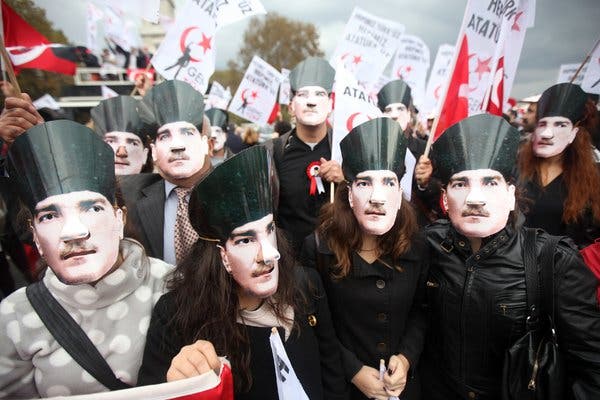Op-Ed Contributor
By Kaya Genc
Mr. Genc is an essayist and novelist. He lives in Istanbul.

ISTANBUL — Earlier this year, Turkey opened its closely guarded population register, a monumental archive of lineages going back to Ottoman times. A website that gives access to all public services in Turkey now includes a genealogy tab. Users can download ancestry documents, with recordsgoing as far back as 1882.
Since the appearance of the new service, roots, migration, purity and hybridity have dominated the conversation in WhatsApp groups, offices and tea shops. In just two days, over 5 million Turks went looking for their heritage on the register. Interest was so intense that for a few hours the website collapsed. The government was forced to stop the service for several days.
For a century, the Turkish state imposed a rigid national identity on its citizens, one that excluded ethnicity and underscored “pure” Turkishness. The government’s opening of its records has mesmerized people. As Turks absorb the news of their own ethnic diversity, the century-old idea of racial purity, manufactured and imposed by the state, has begun to crumble.
Some Turks, especially those whose families have lived in the same towns for generations, have found reaffirmation in the proof of their own deep roots. Others are frustrated. One Turkish nationalist learned that his great-grandmother was of Kurdish origin. A writer friend was surprised to discover her great-grandfather’s name was Isaac. One of my neighbors found out she had European roots and decided to apply for dual citizenship.
Πηγή N.Y. Times
Δεν υπάρχουν σχόλια:
Δημοσίευση σχολίου